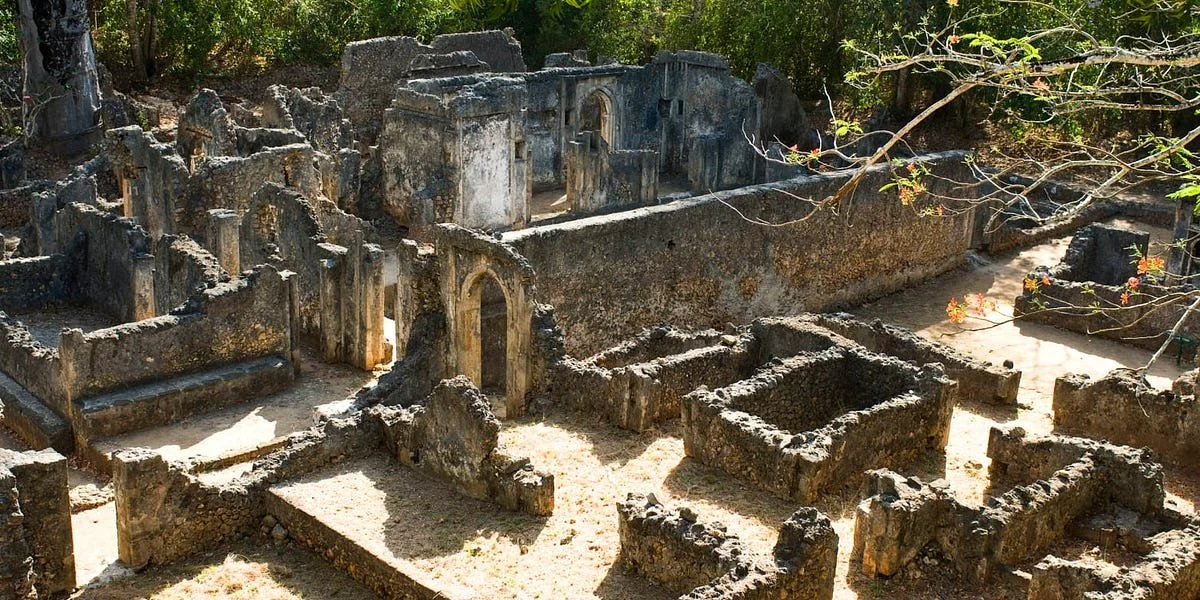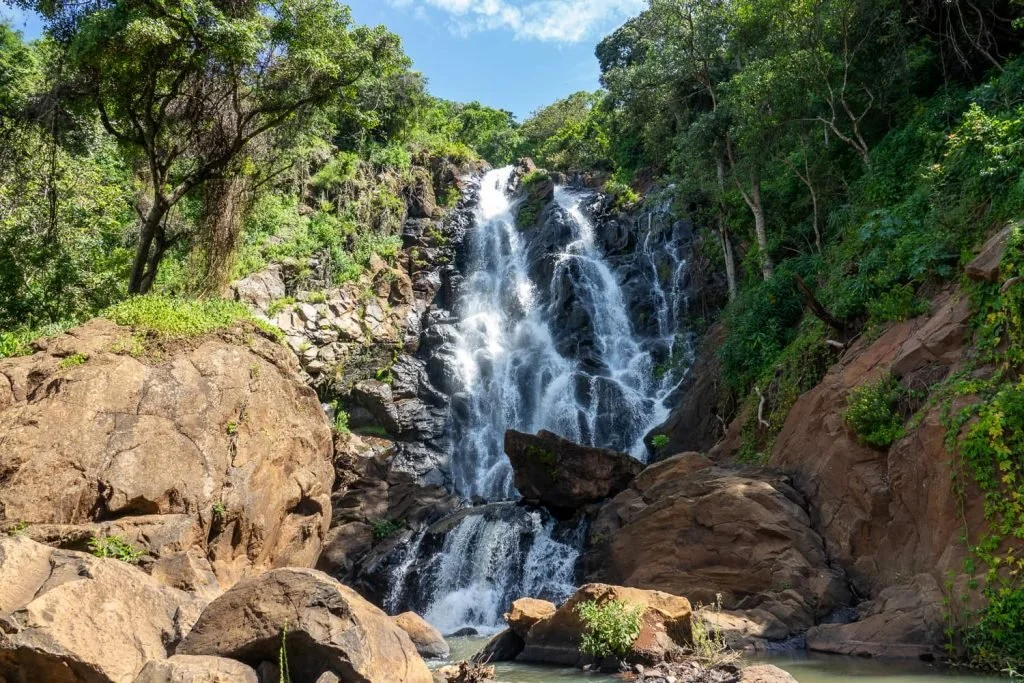Swahili of the Coast: A History Written in Words
By: Chimdindu Ken-Anaukwu
Walk along the East African coast and you’ll hear a rhythm that is neither fully Arabic, nor fully African, but something in between: Swahili (Kiswahili). Born of centuries of trade, migration, and cultural blending, Swahili is more than just a way to communicate, it is the living history of a people shaped by the sea.
600-1863AD Swahili city
The Roots in Trade
Swahili’s story begins with the dhow boats that sailed between Arabia, Persia, India, and East Africa. With every trade came new words. “Safari” (journey), “chakula” (food), and “bandari” (harbor) tell of a people whose language absorbed the essence of travel and exchange. Through trade, Swahili became not just a coastal dialect but a bridge language across cultures.
dhow boats
The Influence of Islam
Islam arrived with traders from the Arabian Peninsula, and with it came Arabic’s deep mark on Swahili vocabulary. Words like “sala” (prayer) and “kitabu” (book) echo both faith and learning. But beyond words, Islam shaped Swahili culture: mosques rising along the coast, Quranic schools nurturing literacy, and poetry carrying the rhythm of devotion.
Storytelling by the Sea
The Swahili are master storytellers, weaving tales that mix history, morality, and humor. Oral traditions and written poetry, such as the famous Utendi wa Tambuka (The Epic of Tambuka), became vessels of identity. The cadence of Swahili verse, often sung or chanted, reflected the music of the ocean tides that inspired them.
Utendi wa Tambuka
A Tapestry of Borrowed and Indigenous Words
Swahili is often called a “linguistic sponge.” While it carries thousands of loanwords from Arabic, Persian, Hindi, and Portuguese, its grammar and structure are Bantu to the core. That is why phrases like “Nakupenda” (I love you) and “Tuko pamoja” (We are together) feel both universal and uniquely African.
The Language of Unity
Today, Swahili is spoken by over 200 million people across East and Central Africa. From Kenya to Tanzania, from Congo to Mozambique, it serves as a unifier; a language that transcends tribes, borders, and histories of division. It is the tongue of independence speeches, of music that fills the airwaves, and of everyday life in the marketplace.
Why It Matters
Swahili is not just a language, it is a testament to resilience, adaptation, and shared history. It reminds us that cultures grow not in isolation but in connection. Every word carries echoes of sailors, traders, scholars, and storytellers who made the Swahili coast what it is today.
Final Thoughts
If you want to truly know the Swahili coast, start with its words. Learn them, speak them, and you’ll find yourself not just learning a language, but touching the soul of a people. NKENNE helps you do exactly that—bringing you closer to Swahili and the vibrant history it carries in every phrase.



